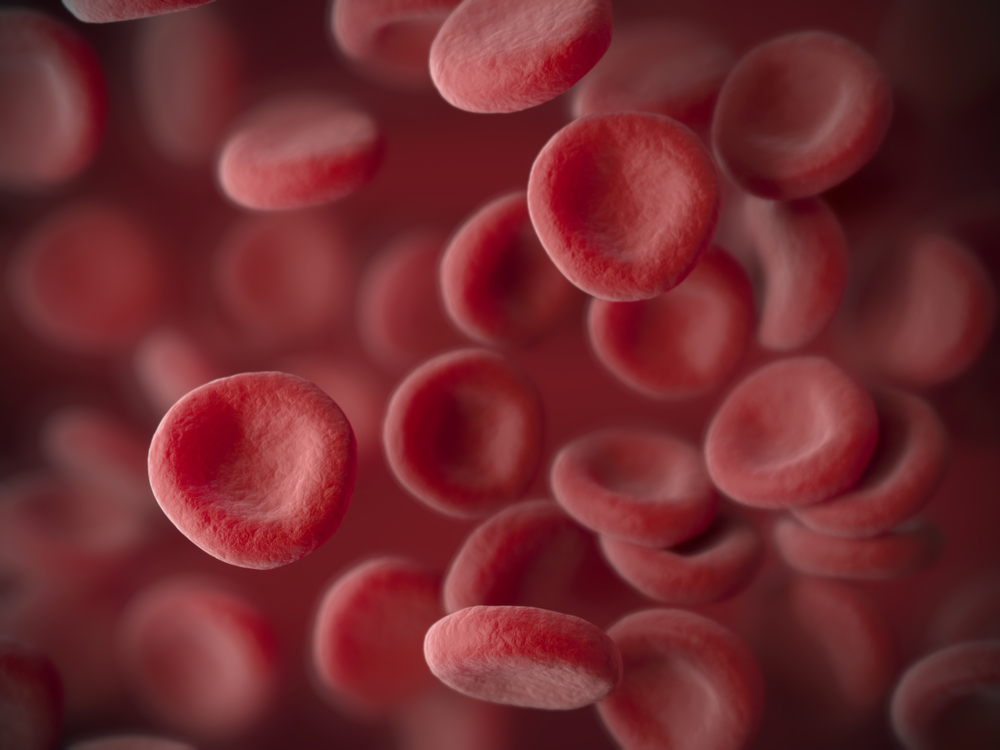Canadian Researchers Launch Study to Make Stem Cell Transplants Safer, More Efficient
Written by |

Researchers in Canada are studying how to reduce the risks associated with the treatment of multiple myeloma by improving the safety and efficacy of stem cell transplants through the use of a new molecule, UM171.
Specifically, Jean Roy, MD, a hematologist and professor, and his team at the University of Montreal are studying UM171 as a means to expand stem cells from the umbilical cord blood of newborn children. Because their immune system is still immature, stem cells from umbilical cord blood are expected to have fewer adverse immune reactions.
Transplanting stem cells from one individual to another, whether they are related or unrelated, is frequently used in stem cell or bone marrow transplants.
The therapeutic approach, however, is associated with serious side effects, such as graft-versus-host-disease (GvHD) — where the donor cells attack the receiver’s organs — or immune system complications and relapses in long-term survivors.
Roy’s strategy is to use umbilical cord blood, as these types of cells are typically associated with a significantly fewer number of immune complications. Umbilical cord blood is also associated with a powerful anti-cancer effect.
For decades, the practice has been used in children but the small number of stem cells in umbilical cord blood has hampered its use in adults. The new molecule UM171 makes the treatment possible for adult patients, in theory.
Discovered by Dr. Guy Sauvageau, also from University of Montreal, UM171 was found to increase up to 30 times the number of stem cells in umbilical cord blood in the lab and showed promising results in 22 patients suffering from different blood cancers.
In Roy’s study, the new molecule will be used to grow umbilical cord blood in the lab, which is then reintroduced in patients’ bodies. The team expects that the approach will lead to fewer complications.
If their hypothesis is confirmed, stem cell transplants from umbilical cord blood could become the preferred resource for the treatment of myeloma patients.
Roy will test the new molecule in a 10-patient study, which will also be designed to assess how the new approach could reduce the risks associated with the treatment of myeloma.
According to a university news release, this work is funded by the Canadian Stem Cell Network, the Maryse and William Brock Chair for applied research in stem cell transplantation of Université de Montréal, and the biotechnology company ExCellThera.



